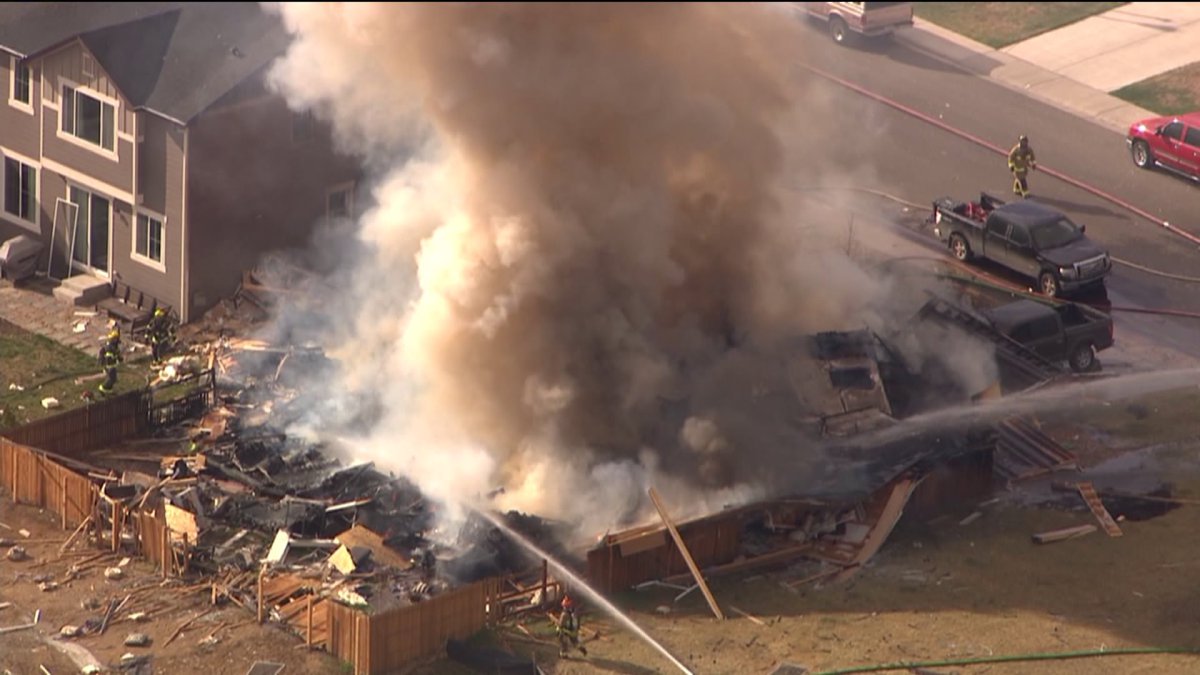
DEMOCRATS
REPUBLICANS
95%
5%

(D) J. Hickenlooper*
(R) Somebody
80%
20%


(D) M. Dougherty
(D) Jena Griswold
60%↑
40%↑


(D) Brianna Titone
(D) Jeff Bridges
(R) Kevin Grantham
40%
40%
30%

(D) Diana DeGette*
(R) Somebody
90%
2%

(D) Joe Neguse*
(R) Somebody
90%
2%

(R) Jeff Hurd*
(D) Somebody
80%
40%

(R) Lauren Boebert*
(D) Somebody
90%
10%

(R) Jeff Crank*
(D) Somebody
80%
20%

(D) Jason Crow*
(R) Somebody
90%
10%

(D) B. Pettersen*
(R) Somebody
90%
10%

(R) Gabe Evans*
(D) Manny Rutinel
(D) Yadira Caraveo
45%↓
40%↑
30%

DEMOCRATS
REPUBLICANS
80%
20%

DEMOCRATS
REPUBLICANS
95%
5%

(D) J. Hickenlooper*
(R) Somebody
80%
20%


(D) M. Dougherty
(D) Jena Griswold
60%↑
40%↑


(D) Brianna Titone
(D) Jeff Bridges
(R) Kevin Grantham
40%
40%
30%

(D) Diana DeGette*
(R) Somebody
90%
2%

(D) Joe Neguse*
(R) Somebody
90%
2%

(R) Jeff Hurd*
(D) Somebody
80%
40%

(R) Lauren Boebert*
(D) Somebody
90%
10%

(R) Jeff Crank*
(D) Somebody
80%
20%

(D) Jason Crow*
(R) Somebody
90%
10%

(D) B. Pettersen*
(R) Somebody
90%
10%

(R) Gabe Evans*
(D) Manny Rutinel
(D) Yadira Caraveo
45%↓
40%↑
30%

DEMOCRATS
REPUBLICANS
80%
20%

DEMOCRATS
REPUBLICANS
95%
5%
 April 27, 2017 11:41 AM UTC
April 27, 2017 11:41 AM UTC 14 Comments
14 Comments
It's worth noting that the problem seems to be new housing encroaching existing wells. Isn't this more a matter of slack subdivision standards? In short, if the minefield is already laid, do you really want to zone it for square dancing? Reckless developers are creating a problem for O and G, not vice versa.
There are folks with far more knowledge than I on this, but generally local government's planning and zoning hands have been tied in Colorado by state laws/regs that give great power to the COGCC and little power to local government and local citizens. Just ask the folks in Battlement Mesa in western Garfield County – they have been unable to get new gas infrastructure built a safe distance from their homes. They have no friends among their local elected officials or their Republican state Senator and state Rep.
FYI, realist, Battlement Mesa isn't a town. It's only avenue to local government is Garfield County, where the commissioners are industry friendly. Battlement Mesa is a homeowners association, with bylaws written to be industry-friendly by Exxon, which founded and started construction on the place before Black Sunday. Having no power in the dispute is an understatement.
V-ger actually raises a good point. That was an existing well and houses should have not been approved for the nearby sites. Should note that any power that the oil & gas industry does not have in this state is mostly held by the homebuilders and realtors.
Yes, this was an existing well. But if you say houses should not have been approved for the nearby sites, then new wells should not be approved near existing houses and schools, don't you think? Or is there a double standard here?
More like no standards
.
gaf: obviously setbacks are needed. The question is how far and how much. The double standard, if there is one, comes from those who vehemently oppose oil and gas development. Yet many heat their homes with gas or coal generated electricity; and most drive gasoline powered motor vehicles.
Good progress is being made with development of renewables. The President's desire to revive coal mining, as just one example, is doomed to failure because there is too much momentum built up now towards renewable energy.
How do you know it wasn't gas lines? Are you experts?
Shut the fuck up Moldy. You're out of your element.
BTW, Still waiting for my ACA article.
I'm not an expert on gas line explosions but in my days with public Service Co. I worked with people who are. Believe me, these folks know their business. If they say it wasn't a gas line, it wasn't a gas line.
Moronanus, they don't shut down 3,000 wells unless they know something's up.
DERP!
How do you sit up?
Who ties your shoes?
Do you still use a sippy cup?
…Yeah, sure, a gas line. That's why they shut in 3,000 wells. Good god almighty I hope your masters at least buy you cookies.
That's embarrassing.
We all need to hear from State Senator Jerry Sonnenberg on this; "Mr. Oil & Gas" himself.